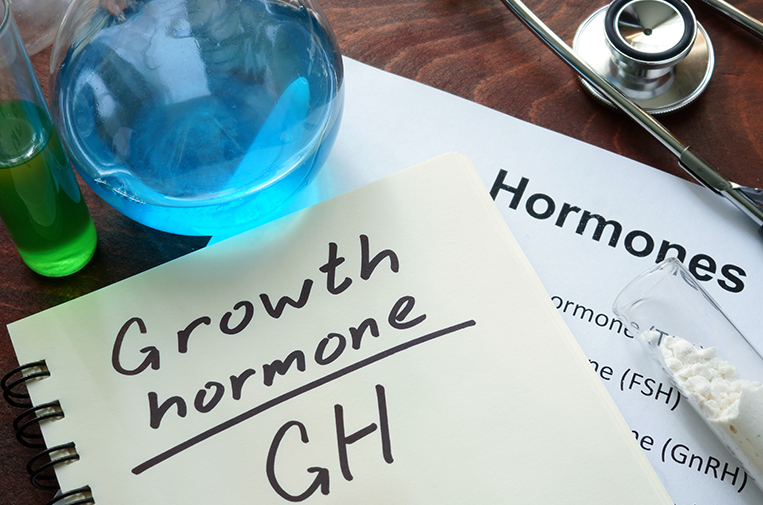Bacterial vaginosis (BV), lower estrogen and how it relates to menopause
 Bacterial vaginosis (BV) is a common condition that can occur when there’s an imbalance of bacteria in the vagina. In an interview with Giddy, RSC’s Dr. Ramya Sethuram explains how as the body ages it produces less estrogen and progesterone. These are hormones that help maintain a healthy level of acidic pH in the vagina.
Bacterial vaginosis (BV) is a common condition that can occur when there’s an imbalance of bacteria in the vagina. In an interview with Giddy, RSC’s Dr. Ramya Sethuram explains how as the body ages it produces less estrogen and progesterone. These are hormones that help maintain a healthy level of acidic pH in the vagina.
“A community of good bacteria called Lactobacillus within the vagina keeps it acidic and this helps ward off infections,” said Dr. Sethuram. She added that lower estrogen levels push this acidic environment into a more alkaline one, which means Gardnerella vaginalis, the bacteria that cause BV, can overgrow.
Dr. Sethuram describes symptoms of BV to include vaginal burning or itching, burning when you urinate or a strong fishy odor. Although your chances of getting the infection increase if you’re perimenopausal or menopausal, there are steps you can take to help prevent or decrease your risk of getting a BV infection.




